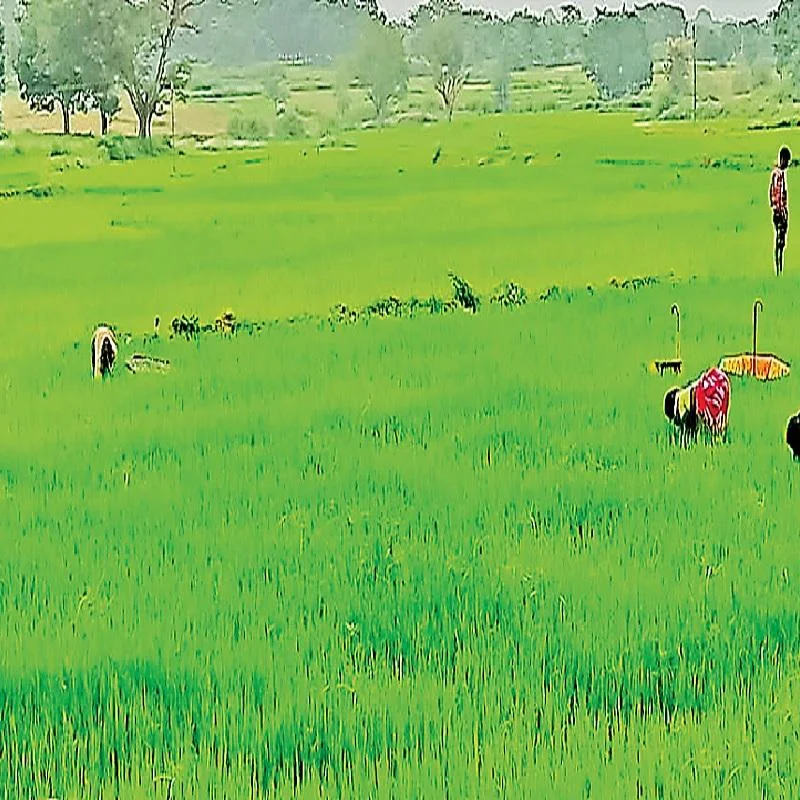The Jharkhand agriculture department is facing a significant budget reduction, which could impact the state’s farming community. Originally, the department was allocated ₹15,689 crore for a five-year period. However, this amount has been cut to ₹11,000 crore. This reduction of nearly half of the funds poses challenges for the department’s goals. Despite the reduced budget, there is an ongoing issue with how the money is being spent.
Even with less money, the agriculture department has consistently failed to spend its allocated funds completely each year. This suggests that there are problems with how the department plans and carries out its projects. The agriculture sector in Jharkhand, which includes farming, animal care, and cooperative efforts, faces difficulties because of these spending issues. Therefore, there are concerns about how well the money is being used to help farmers and the local economy. The inability to spend the allocated funds fully implies either a lack of effective project execution or problems with releasing the funds when needed.
According to sources, the ongoing failure to use the entire agricultural budget is not a new problem. This situation leads to questions about how well the department is managed and its logistical operations. When these issues are combined with a reduced budget, they can negatively affect the state’s ability to achieve its agricultural goals, as well as the overall economy. Consequently, these issues call for more effective strategies to address the current situation.
Ultimately, this continuous pattern raises concerns about how well government funds are being spent within Jharkhand’s vital agriculture sector. This emphasizes the need for a thorough examination of current practices. By making changes to improve how the budget is utilized, the state can ensure that the allocated funds benefit the farmers and the state’s agriculture.
